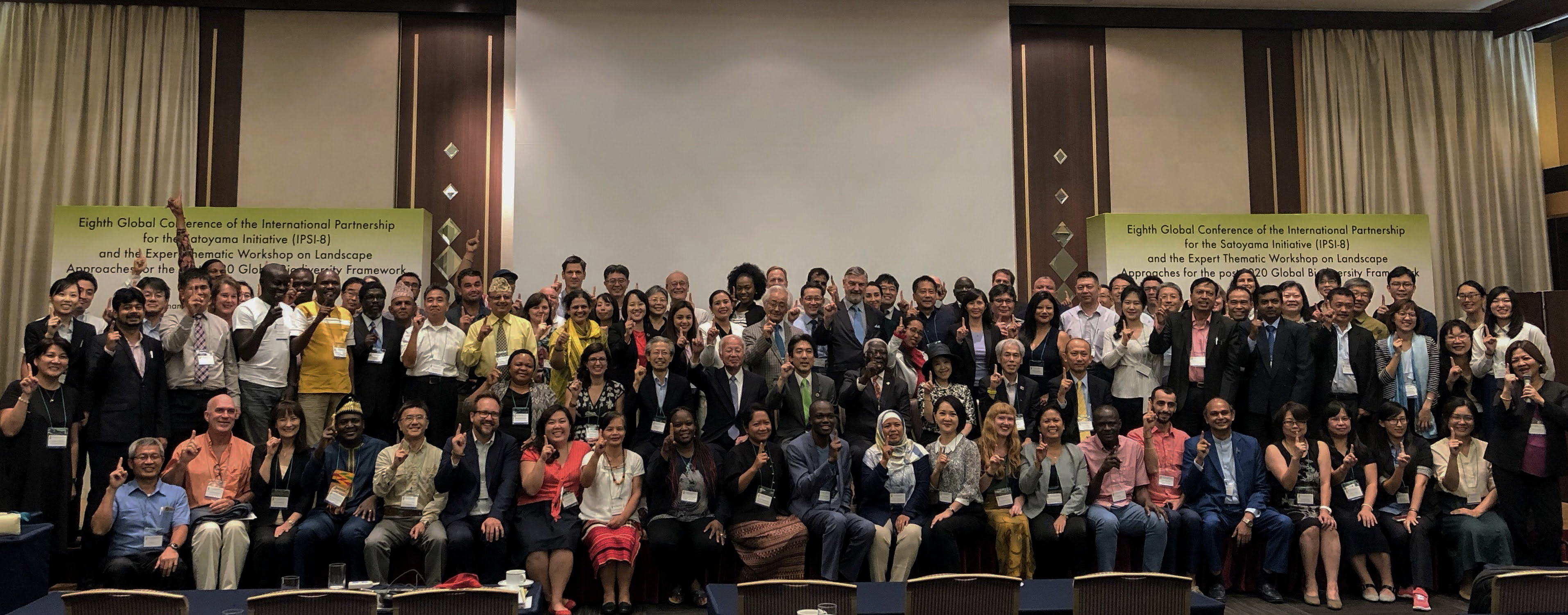The IPSI Secretariat at the United Nations University Institute for the Advanced Study of Sustainability (UNU-IAS), along with the Ministry of the Environment of Japan, Conservation International, and the Institute for Global Environmental Strategies (IGES), organized this side event during the Convention on Biological Diversity’s “Regional Consultation Workshop on the Post-2020 Global Biodiversity Framework for Asia and the Pacific” held from 28 January to 1 February 2019 in Nagoya, Japan.

The side event focused on best practices and lessons learned from almost a decade of landscape approaches under IPSI, and the potential to replicate, upscale, and extend these into the post-2020 CBD agenda. A number of speakers from IPSI partners provided their insights on IPSI and the Satoyama Initiative to many CBD Parties who were not previously familiar with the concepts. The Regional Consultation Workshop was the first of a planned series of regional workshops to allow CBD parties to provide input and views on what they would like included and not included in the proposed post-2020 global biodiversity framework, and IPSI’s contributions are expected to help incorporate the vision of “societies in harmony with nature” into future global policymaking.
Presentations:
| Opening remarks
Mr. Keiichi Nakazawa, Ministry of the Environment, Japan |
| Keynote Presentation
Satoyama Initiative and its Partnership ~Lessons Learnt for the Post-2020 Framework~ Prof. Kazuhiko Takeuchi, Institute for Global Environmental Strategies |
| Project 1: Joint Research on Comparative Study of Integrated Landscape Approaches to Conservation of Production Landscapes and Seascapes
Dr. Evonne Yiu, United Nations University Institute for the Advanced Study of Sustainability |
| Project 2: Satoyama Development Mechanism
Mr. Yasuo Takahashi, Institute for Global Environmental Strategies |
| Project 3: GEF-Satoyama Project
Dr. Devon Dublin, Conservation International Japan |
| Discussion and Q&A
Moderator: Dr. Suneetha M. Subramanian, Institute for Global Environmental Strategies |
| ClosingDr. Hiroaki Takiguchi, United Nations University Institute for the Advanced Study of Sustainability |



